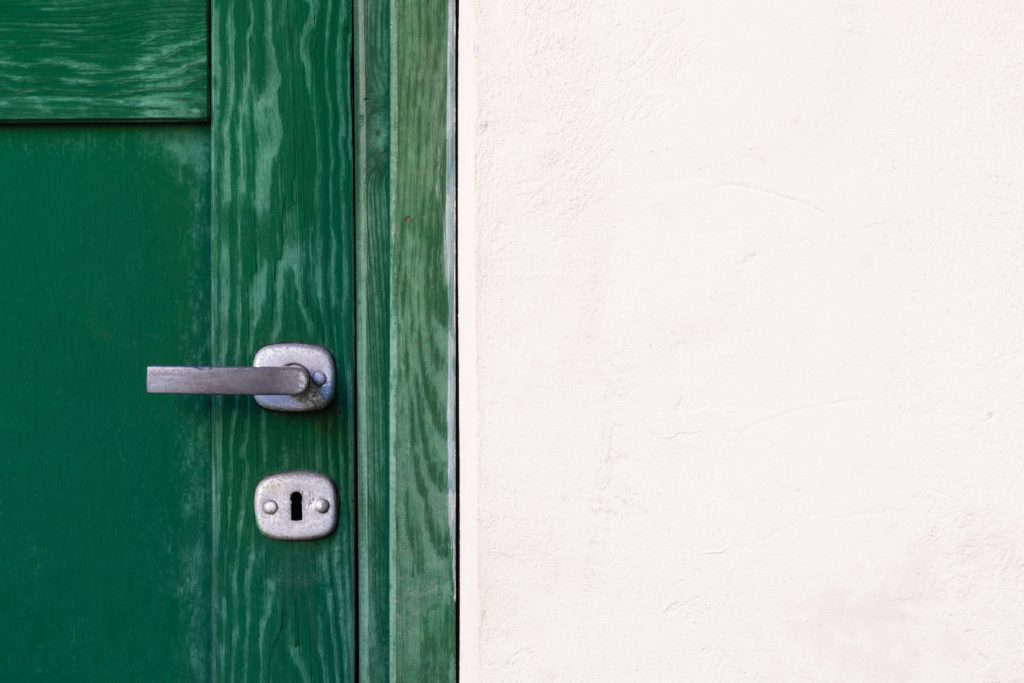
Landlord’s Access to Property
To first gain a better understanding of this issue, you’ll need to review your lease. The lease should outline a reasonable notice clause. This will highlight the amount of time that the landlord should give you before entering the property. It also may state the reasons why your landlord would need access. This includes non-emergency maintenance and repairs and showings to other potential renters. Giving reasonable notice is not a requirement. However, any reasonable notice statements outlined in the lease can and should be enforced. Of course, this does not apply in times of emergency. In such cases as a break in or serious maintenance issue, the landlord has a right to access the property. In some cases, there will be no information regarding reasonable notice or landlord entry included in the lease. If this is the case, then you can refuse entry to the landlord. However, you will assume full responsibility and liability for damages. This includes your unit and others in the building if applicable.More About Reasonable Notice
Unfortunately, there is no set statute outlined in regards to what reasonable notice looks like. A general rule is at least 24 hours advance notice. Many Colorado landlords give more than this – up to 48 hours advance notice. If you would like more notice than the standard amount, talk to your landlord. Depending on the property manager, you could make an addendum to your lease.Other Reasons for Landlord Entry
Your landlord typically will not enter the property unless needed. However, property inspections are common. This is because property inspections help the landlord evaluate several things. This includes:- Evaluation of Colorado’s competitive market rate
- Ensures the property meets Colorado rental code standards
- Checks for necessary maintenance and repairs
- Looks for potential upgrade opportunities


